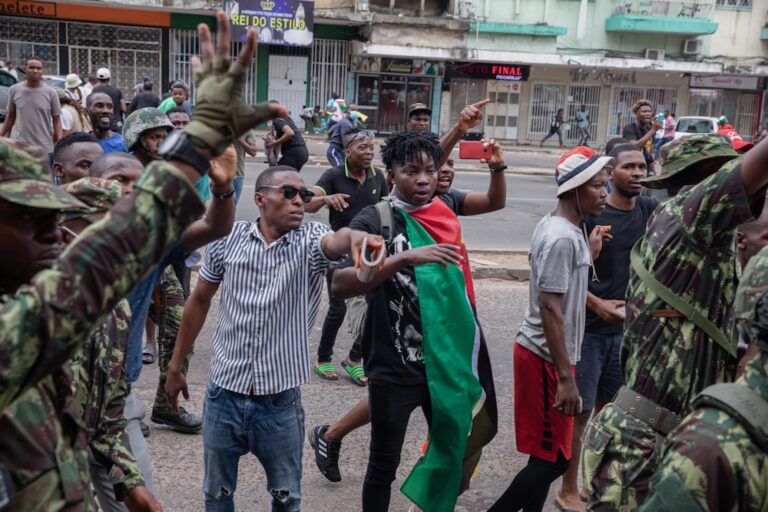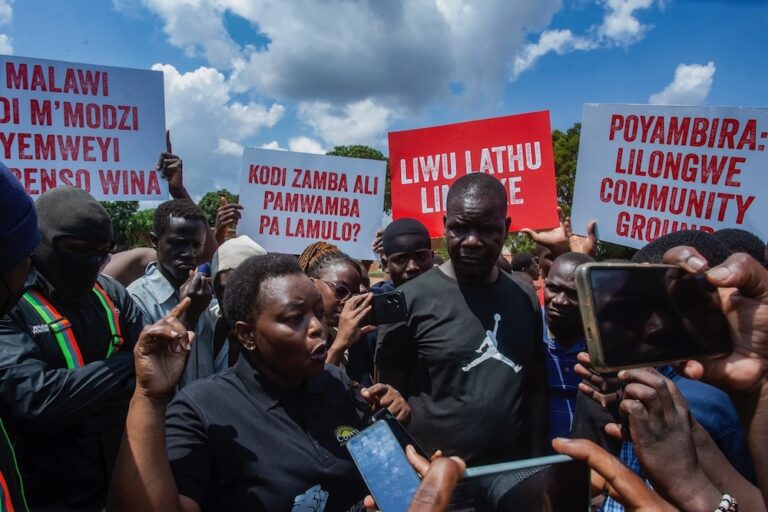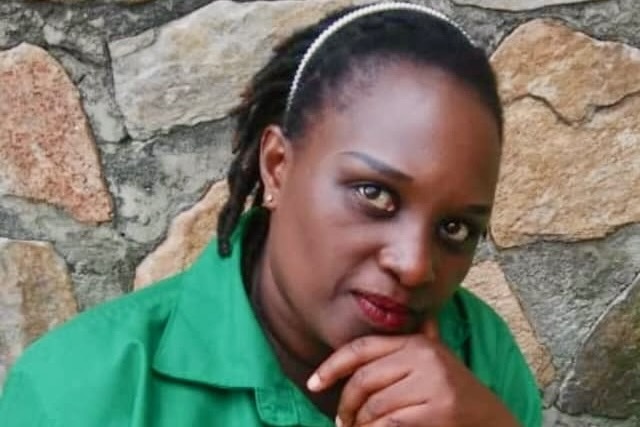For the thirteen years that MFWA has been monitoring attacks on free expression in West Africa, 2009 was the most regrettable.
(MFWA/IFEX) – August 27, 2010 – For the thirteen years that the Media Foundation for West Africa (MFWA) has been monitoring attacks on free speech and expression in West Africa, 2009 was the most regrettable. For a number of countries, there were relatively peaceful relations between media and government. Journalists in countries including Togo and Mauritania, which were hitherto “under severe surveillance”, practiced their profession in a much improved environment.
Mauritania’s improved condition was expressed in the words of President Mohamed Ould Abdel Aziz: “My intention is to encourage press freedom and the freedom of expression of all Mauritanians. In spite of all the insults I have suffered, I have observed the principle of never attacking the media in any manner whatsoever. I believe that public figures who do not accept this principle had better change jobs.”
Elsewhere however, trends in press freedom abuses and human rights abuses raised their ugly heads. The September 28 crackdown on demonstrators protesting Captain Moussa Dadis Camara’s (the leader of the National Council for Democracy and Development, CNDD) proposed candidacy in the Guinean presidential election, following the death of authoritarian President General Lansana Conté, left more than 200 people dead and over 1,800 wounded.
In Guinea and Guinea Bissau, military juntas in the already crisis-ridden terrains made violations of free speech and expression the norm. Media practitioners had no right to differ with the government or publish exposures of rights violations. In Guinea Bissau, where it is ‘forbidden’ to discuss the widespread drug trafficking, media continued to be faced with the lack of financial and material resources to the extent that even the state-owned Radiodifusão Nacional (RDN), Journal Nô Pintcha, ANG and the national television station (TGB) were late in starting the coverage of the campaign for the presidential election. Privately-owned newspapers did not appear on newsstands in the country due to a lack of recycled paper used for the production and circulation of newspapers.
In Nigeria, Bayo Ohu, an assistant news editor with the respected private daily, The Guardian newspaper, was gruesomely murdered in his home by unknown assailants who are still at large.
Generally in the region, political crises and violent conflicts provided the conditions for abuse of media rights.
Also, in most countries where press freedom violations were rife, perpetrators of these crimes were state security personnel and loyalists or sympathisers of political parties.
In the period under review, repression in The Gambia gave rise to the mushrooming of online radio and newspapers created and run by Gambians in exile. Many such media outlets tried to give alternative news, views and information on daily occurrences in The Gambia against the propaganda provided by the state-controlled media. Foroyaa, a pro-opposition media outlet, is now the only critical newspaper in the country, as the rest practise one form of self-censorship or another.
The murder of Deyda Hydara, the slain outspoken editor of The Point newspaper, remains unresolved, and the whereabouts of disappeared Chief Ebrimah Manneh are still unknown.
While fundamental human rights and freedom of the press have always been provided for in the respective constitutions of the countries in West Africa, abuse of rights and press freedom violations continue to be widespread.
(. . .)


